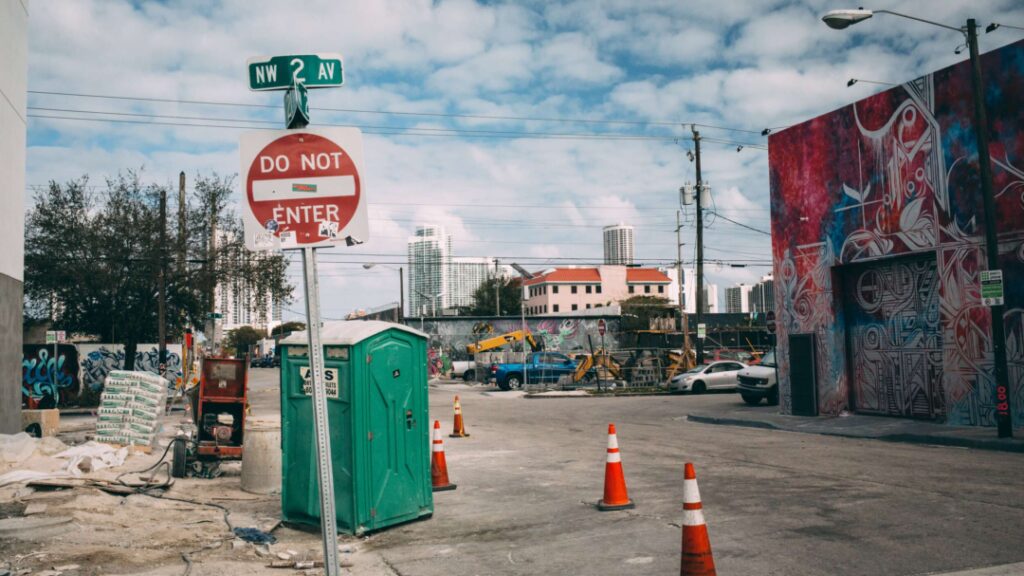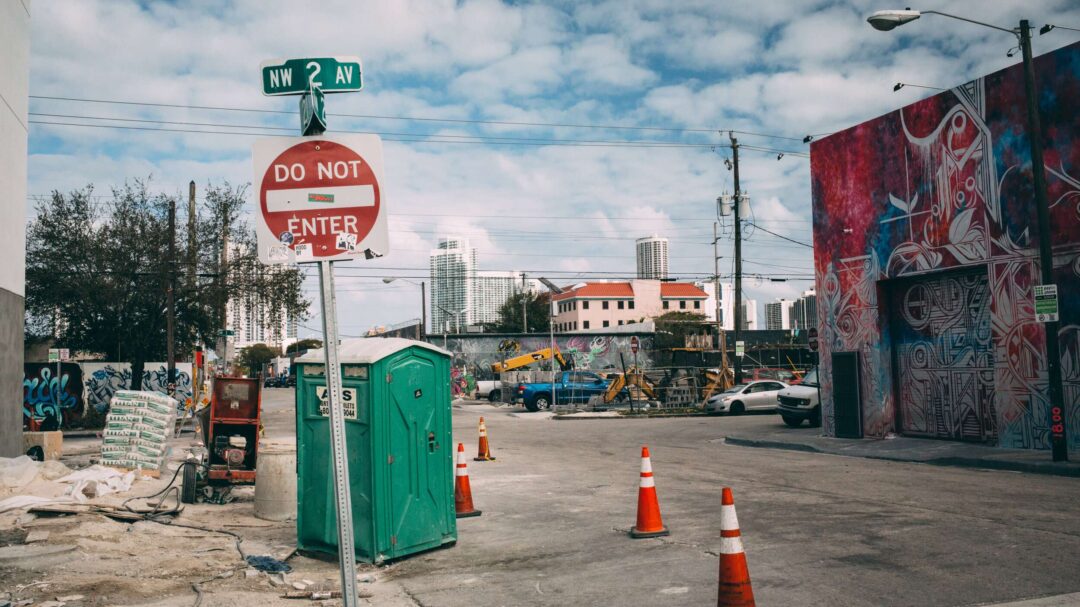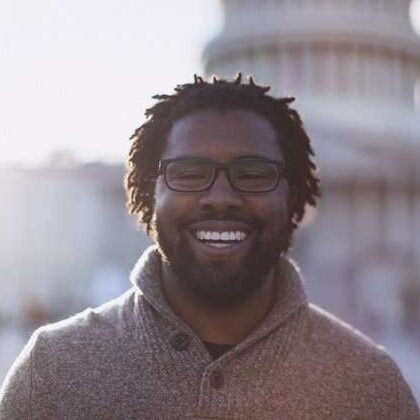“And [Jesus] told [his followers] a parable to the effect that they ought always to pray and not lose heart.” – Luke 18:1
Praying about Systemic Racism is important. Jesus goes on to tell the parable of the persistent widow who continually begs a godless judge for justice against her adversary; she has to beg continually because the judge doesn’t pay attention to her otherwise. The parable isn’t meant to convey that God is reluctant to help His people. Rather, it’s an argument from the lesser to the greater. If even an unjust judge can be convinced to help after persistent asking, how much more eager will our perfect judge be to give justice to those who ask—and keep asking—Him for it.
Brothers and sisters, this should motivate us to pray.
FRIENDS, NOT FOES: PERSONAL RELATIONSHIPS & SYSTEMIC RACIAL INJUSTICE
While this parable may not be about systemic racism, I think there’s an application here for those who long to see this injustice end. And yet this article isn’t meant to convince you of systemic racism. Rather, I write to those already convinced of its reality. And here’s the main encouragement I have for you: As you go about building personal relationships with those different from you, remember to pray about larger systems and structures which so powerfully influence the racial realities (and disparities) of our society.
We know that because of sin, creation is broken. We know that because of sin, we are broken.
This means we’ll tend to get things wrong. One way we get things wrong is we divorce things that ought not to be separated. We pit friends against each other as enemies. For a non-racial example, we can think God’s sovereignty in salvation negates our need to evangelize. This is a strange separation that ought not be.
Yet it shows the tendency we have to fall into one ditch or another on any issue. For a whole host of reasons, that won’t be explained in this article, a lot of evangelicals (many of whom are my white brothers and sisters) seem fixated on individual relationships when it comes to race and solutions to racism. For many, racism is a problem of an individual’s morality and broken relationships between individuals. So, the solution is relatively straightforward: build better relationships. If you want to know more about why many white evangelicals see race and racism this way, listen to our interview with Michael Emerson, author of Divided by Faith.
Improved relationships are good and helpful. I’m all for them. And indeed, broken relationships are a result of the fall. Yet we need, and should not, pit a desire for improved relationships against a desire for improved systems and structures.
God can use improved relationships in powerful ways, yet we should also recognize the limitations of relationships. In other words, simply being friends won’t fix entrenched structures, or the effects of past structures, that divide and harm our neighbor, that lead to the disparities that many suffer from in society today. If we focus only on individual relationships, we’ll miss this suffering. In his book Race & Place, David Leong nicely captures why we’d miss out on that suffering. He writes:
“Whenever I facilitate conversations about race, I notice that many of our initial impulses are to identify ourselves as ‘good people.’ As we react to the shameful connotations of racism, it seems that we reflexively want to defend ourselves with “I’m not a racist!” and “I’m not a judgmental person!” This impulse, while understandable, is somewhat missing the point. Rarely do I encounter a student or churchgoer who harbors an active, explicit prejudice against another racial group. But…if this lack of overt racism means that I’m not a racist and you’re not a racist, then why is there still so much racial inequality and conflict today?”
To hear more from David Leong, listen to our interview with him here.
Those of us who affirm the reality of structural injustice know the answer to Leong’s final question can be summed up in two words: Systemic racism.
We are about to post a number of articles about individual relationships and individuals recognizing their own struggles with racism. Before we posted those, we wanted to take a minute to acknowledge that there is more to the story.

PRAY (AND KEEP PRAYING!) ABOUT SYSTEMIC RACIAL INJUSTICE
When we remember the mountain of systemic racism that casts a shadow over our society, we have a better idea of what we’re up against, and a more realistic idea of what we can and can’t actually fix on our own. In their book, American Apartheid, Douglas Massey and Nancy Denton write about systemic segregation in residential housing.
They assert that: “The effect of segregation on black well-being is structural, not individual. Residential segregation lies beyond the ability of any individual to change; it constrains black life chances irrespective of personal traits, individual motivations, or private achievements…As long as blacks continue to be segregated in American cities, the U.S. cannot be called a race-blind society.”
In other words, the scope of systemic issues are more than we can handle. And instead of discouraging us, this truth should drive us to the one who can handle anything. With him, all things are possible. As Abraham said, nothing is too hard for the Lord (Genesis 18:14).
As we remember what we’re up against, I’m reminded of King Jehoshaphat. In 2 Chronicles 20, we’re told of a great multitude that came against God’s people in Judah. If anyone ever saw something they could not conquer alone, it was Jehoshaphat in that moment. Yet what does he do in the face of such overwhelming force?
He prayed. In that prayer, he remembers that God is unstoppable. In that prayer, he rehearses God’s faithfulness to Abraham. And yet Jehoshaphat finishes that prayer with a simple confession: “O Lord we don’t know what to do, but our eyes are on you” (2 Chronicles 20:12).
As we better understand the realities of systemic racism, I trust many of us have felt like Jehoshaphat. As we often say at U?WP, we must do more than pray, but we cannot do less. So as you lament the effects of housing and redlining, unjust prison sentencing and education disparities, healthcare and wealth gaps that are due to injustice—don’t only build good relationships. Make like Jehoshaphat and also pray to the one who knows what to do, the one who can lend justice, the one who is unstoppable.
If we do so faithfully, we’ll remember that we should not invoke the strange separation between individual relationships and structural realities. We’ll remember our our work isn’t simply done by befriending people, though that’s a wonderful thing to keep doing.
Yet as one pastor reminded: “It took a lot of work to construct racist structures and notions, so it’s going to take a lot of work, on a lot of levels, to bring them down.”
We’re going to need divine help for that work. We’re going to need to help to see justice. And here’s the beautiful, faith-inspiring truth: Through Christ our Lord—we can keep on asking for this help just as the persistent widow shows us. Let’s be like her, so that when the Son of Man comes, he will find faith on earth.
Prayer Requests:
- Pray God would give civil servants and public officials wisdom and courage to make policies that are just and to adjust policies that are unjust.
- Pray God would grant the citizens of this nation to better see the present day effects of past, structural racism.
- Pray that as Christians seek to be faithful in doing justice and loving mercy, that we would see what is required of us, and act upon it.
- Pray that as Christians read the Scriptures, we would not separate that which God intends to go together—in this context, the building of personal relationships and the recognition of larger injustices.












